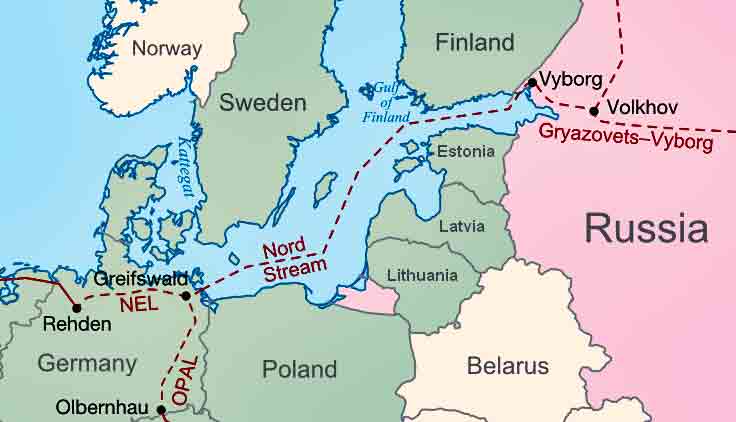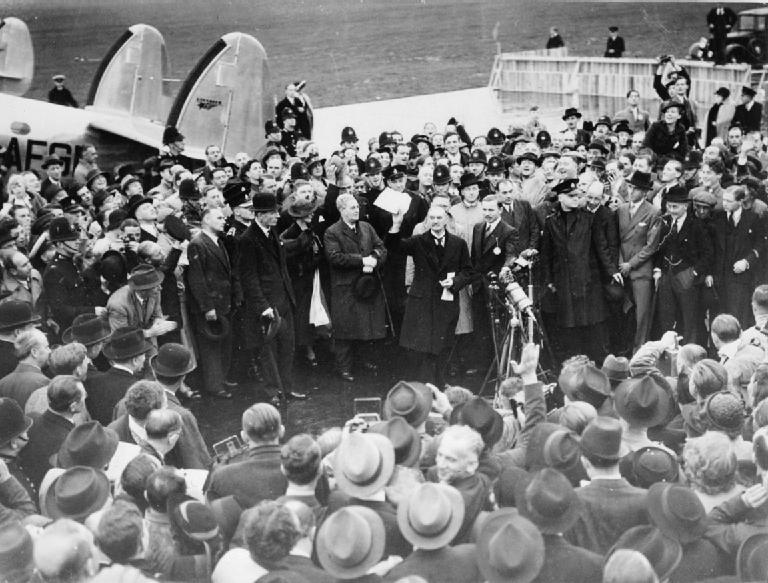This text was originally published in December 2020 in Tygodnik Solidarność.

Stańczyk, painting by Jan Matejko (Photo: Public domain)
A few weeks ago, I wrote the text: German "New Deal", Will It Be the End of the Three Seas Initiative? Let me just remind you that the German Minister of Defense Annegret Kramp-Karrenbauer presented the concept of a new order in transatlantic relations between the USA and Germany. This deal clearly subordinates Germany to America, in return for giving Germany a free hand in European affairs and maintaining the political and strategic order in this part of the world. In addition, Angela Merkel's prophesied successor proposes to create the largest free trade area between Europe and the United States. A similar voice was presented by the German Foreign Minister, Haiko Maas, with Time for a new beginning of the transatlantic partnership in Die Welt am Sonntag. In turn, about the same time, the SPD presented the program for the creation of the European Army, published in a document of October 6, by the German Political Faction of Bundestag - the Working Group on Security and Defense of the Social Democratic Party of Germany. The seemingly German ideas go in the same direction. Berlin wants a new reset with Washington, declaring investments in the German army and promoting a free trade zone for the entire West. Germany's sudden return to the Atlantic idea and the rejection of the vision promoted by French President Emmanuel Macron, which wants Europe to pursue only "autonomy" and "sovereignty", is a typical example of German efficiency in pursuing a policy that serves only Germany. Karrenbauer also proposes that if compromises cannot be reached in a diplomatic way in Europe, then the Bundeswehr, or the European army, will use military influence to bring order to its neighborhood - from the Baltic states to the Balkans, from the North Sea to the Mediterranean. The American elite is in no hurry to respond, especially as the process of taking power by the President-elect Joe Biden announced by the media is still under development. Americans realize that their current European policy: to keep Russia away and Germany not to be allowed to dominate Europe again, requires modification. Can the project of the Three Seas Initiative, the Eastern Flank and the American presence in Eastern Europe be a significant advantage for Polish diplomacy to join this new deal, in which Germany promises a lot and wants a lot? Poland has long invested in the army and Polish diplomacy should prepare negotiation scenarios and teams of experts to conduct such negotiations. This is our historic opportunity to gain a position worthy of a nation of 40 million on NATO's eastern flank. To conduct this discourse, however, we need professional and assertive negotiators and leaders who could begin to signal our potential readiness to engage in such talks. We need Włodkowice, Modrzewski, Zamojski, Dmowski and Paderewski. Such Poles exist today, but party systems block their careers and the debate on the future of Poland and the Polish raison d'état, where the narrative of the Polish-Polish war fills the media space thoroughly. It is also worth seriously building pro-Polish pressure groups in countries strategic for Poland. I have been writing about pro-Polish lobbying, which does not exist, since 2012. With no result.






